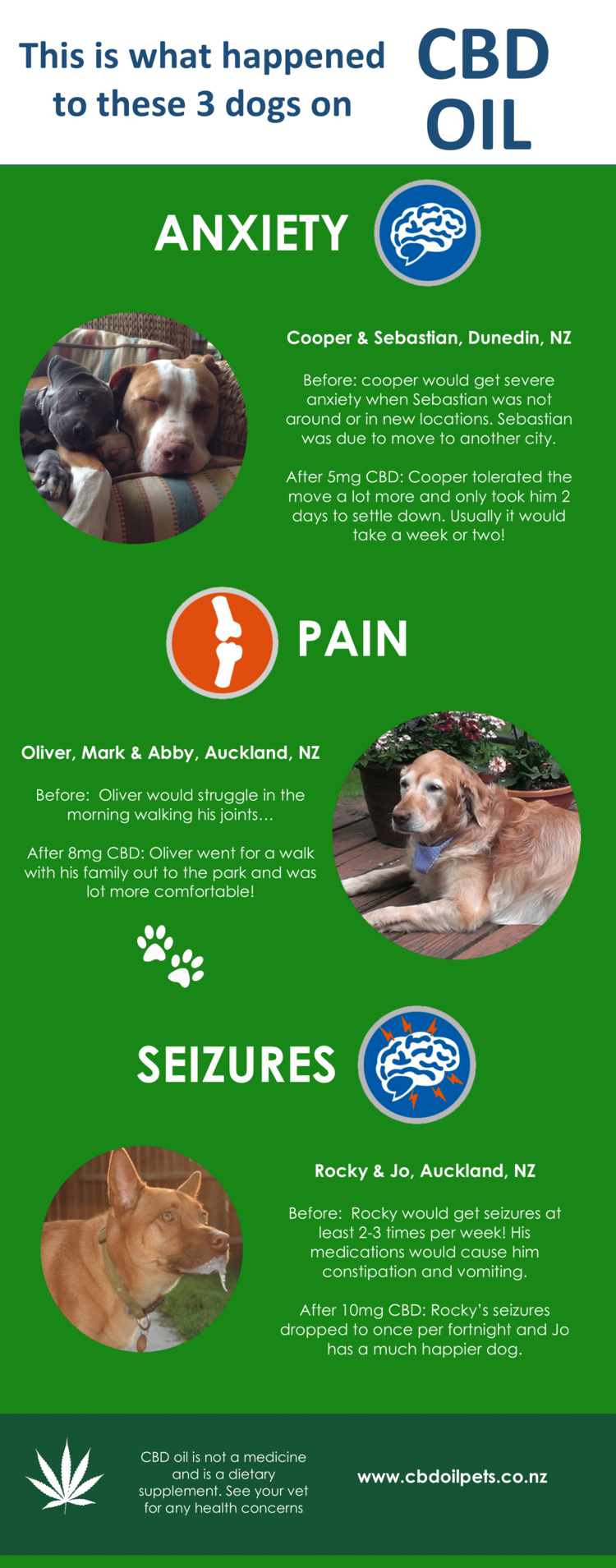Dogs in childcare obtain lots of exercise, socializing with various other canines and unique experiences. This can be specifically practical for young puppies and canines with behavior problems.
There are a number of lawful factors to consider you require to take into account when starting a doggy day care organization. These consist of the structure of your business and compliance with government guidelines.
1. Dog Distemper
Canine distemper is spread out via straight contact with the bodily fluids and waste of an infected canine, however it can likewise be sent using common water and food bowls or through airborne droplets. This highly contagious disease is most hazardous for young puppies, yet it can influence pets of any kind of age and is deadly for most if left untreated.
Initial signs of canine distemper typically simulate a cold, consisting of drippy eyes and nose with watery or pus-like discharge. As the illness proceeds, a pet dog will certainly establish high temperature, coughing, minimized hunger, vomiting and diarrhea. The virus can likewise assault the nerve system, resulting in seizures, twitching and partial or complete paralysis.
Trusted day cares decrease exposure to infection by requiring inoculations, regular health examinations and comply with stringent hygiene protocols. If your dog appears excessively exhausted or limping, a day off might aid him recuperate, but you ought to avoid taking him back to daycare until these signs and symptoms clear.
2. Kennel Coughing
Kennel coughing, likewise referred to as contagious canine tracheobronchitis or Bordetella, is a highly contagious viral or microbial condition that impacts the breathing tract. It's typically transferred via the exchange of saliva or air beads that an ill canine exhales. Social dogs go to greater danger for infection because of their frequent interaction with each other, such as when they play, share food or water, smell one another or simply meet in a jampacked setting like a pet dog park or day care.
The most usual sign of kennel cough is a persistent and strong coughing that sounds like something embeded the throat or retching. Commonly, pet dogs will cough up foamy white phlegm. If left without treatment, a canine can develop pneumonia and go to severe risk for life.
A reputable childcare center should have rigorous cleansing and cleanliness protocols, disinfect all toys, food and water bowls routinely, and be open about their inoculation policies. Keeping your pet as much as date on their inoculations, particularly for bordetella and canine influenza, will substantially minimize their possibilities of getting the health problem.
3. Parvovirus
Canine parvovirus, or parvo, is an extremely contagious viral health problem that can be lethal for puppies and young person canines with poor body immune systems. It's most typically spread by straight contact with contaminated pet feces-- which can occur when dogs smell, lick, or taste contaminated feces-- and indirectly from contaminated people, items, or settings (like kennels, grooming spaces and yards). Pups and dogs without complete vaccination backgrounds are specifically susceptible to parvo.
The virus is incredibly durable, making it through in the setting for up to nine years, and can quickly be transferred in between dogs by get in touch with through feces or on footwear, clothing, and bed linens contaminated with parvovirus. Otherwise treated quickly with IV fluids, electrolyte equilibrium, vomiting control drugs and antibiotics to avoid second bacterial infections, a pet will rapidly dry out and develop serious diarrhea, which causes shock and sepsis. Parvo is tough to cure when a dog has come to be ill, but with ideal veterinary care, several puppies do endure this ailment.
4. Canine Influenza
Pooch influenza virus is very contagious and spreads via direct get in touch with, sharing food and water bowls, licking or nuzzling dog boarding places near me various other canines, with air-borne droplets, and via contaminated surfaces. Inoculation works in decreasing the threat of infection and outbreaks.
The majority of affected pet dogs create a mild breathing infection with a coughing that lasts 1-3 weeks. They may likewise have nasal and eye discharge, sneezing, and sleepiness. Some of one of the most significant cases lead to pneumonia and a high fever.
If your pet dog shows any of these signs, do not bring them back to childcare till they are healthy. If your pet dog is revealing signs of extreme exhaustion or hopping, talk to your vet as soon as possible and see to it they are on health supplements to assist construct their immunity. A veterinarian will assess your pet for symptoms of the influenza by taking a sample from the nose or throat, and blood tests can be done to verify.
